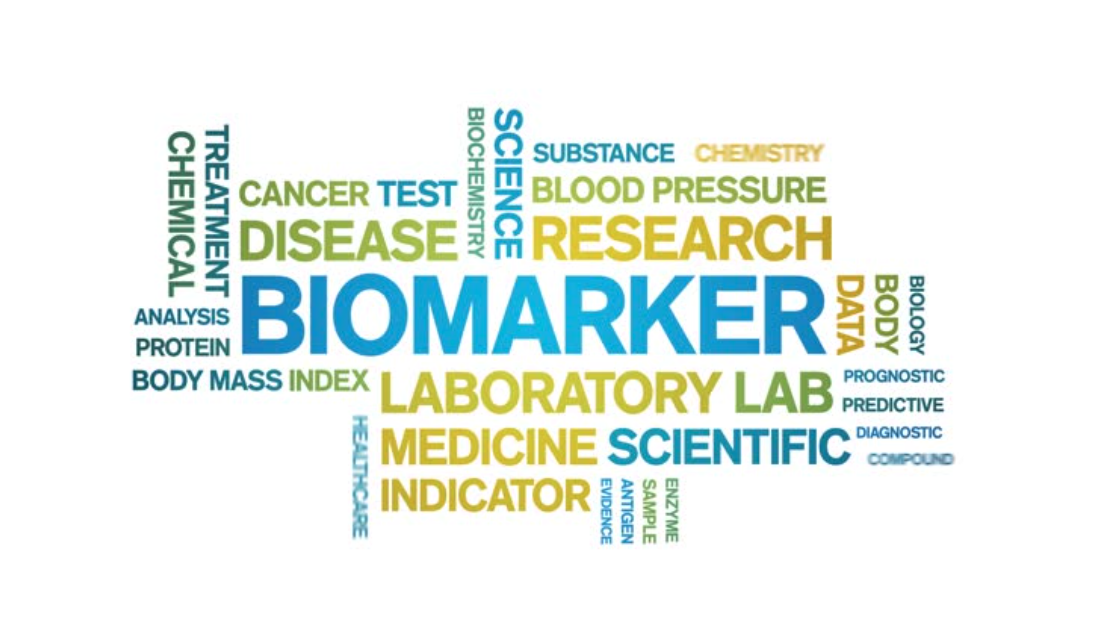
Blood-based biomarkers can be used in the diagnosis and treatment of many illnesses, including cancer. Biomarkers, in general, are biological molecules found in blood, other body fluids, or tissues that indicate normal or pathological processes or responses to therapeutic interventions. They may include unusual proteins, enzymes, or normal ones found in the wrong place or in abnormal quantities. They are highly useful, especially for the identification of new disease and tracking its progress.
Types of Blood-Based Biomarkers
A technical field from the beginning, recent advancements in technology have revolutionised biomarker discovery and application, changing how diseases are diagnosed and managed. Initially, biomarkers were limited to basic physiological measurements and simple chemical tests. Today, they encompass complex genetic, proteomic, and metabolic markers, thanks to innovations in molecular biology and analytical techniques.
Genetic Biomarkers
Genetic biomarkers are DNA or RNA sequences that indicate the presence of genetic disorders or predispositions to certain diseases. For instance, mutations in the BRCA1 and BRCA2 genes are well-known genetic biomarkers for increased risk of breast and ovarian cancers. These markers can help in identifying individuals at risk, enabling early interventions and personalised treatment strategies.
Protein Biomarkers
Protein biomarkers are proteins whose presence, absence, or altered levels indicate a disease state. One of the most widely known protein biomarkers is Prostate-Specific Antigen (PSA), used in prostate cancer screening. Elevated levels of PSA in the blood can signal the presence of prostate cancer, prompting further diagnostic investigations.
Metabolic Biomarkers
Metabolic biomarkers are small molecules involved in metabolic processes that can indicate the state of health or disease. For example, glucose levels in the blood are a critical metabolic biomarker for diagnosing and managing diabetes. Consistently high glucose levels are indicative of diabetes mellitus while monitoring these levels helps in managing the disease effectively.
Applications in Disease Detection
Early detection of diseases is crucial for effective treatment and improved outcomes. Blood-based biomarkers play an essential role in screening programmes for various diseases, including cancers and cardiovascular diseases. For instance, the detection of certain biomarkers like CA-125 for ovarian cancer or troponin for heart attacks allows for timely intervention, often before clinical symptoms become apparent.
Biomarkers are also instrumental in assessing the risk of developing certain diseases. Healthcare providers can identify individuals at higher risk by measuring specific biomarkers and recommend preventive measures. For example, elevated cholesterol levels serve as a biomarker for cardiovascular risk, guiding lifestyle changes and treatments to prevent heart disease.
Applications in Disease Management
Once a disease is diagnosed, blood-based biomarkers help in monitoring its progression. Regular measurements of biomarkers like Haemoglobin A1c (HbA1c) in diabetes patients provide insights into long-term blood glucose control, enabling adjustments in treatment plans. Similarly, biomarkers like C-reactive protein (CRP) are used to monitor inflammation levels in autoimmune diseases, aiding in the management of these chronic conditions.
The advent of personalised medicine has been greatly facilitated by blood-based biomarkers. By understanding an individual's unique biomarker profile, healthcare providers can tailor treatment plans that are more effective and have fewer side effects. For example, in cancer treatment, the presence of specific genetic mutations can guide the use of targeted therapies, significantly improving patient outcomes.
Technological Advancements
Next-Generation Sequencing (NGS) has revolutionised the field of biomarker discovery. NGS allows for the comprehensive analysis of genetic material, leading to the identification of novel genetic biomarkers. This technology has been instrumental in uncovering genetic variations associated with various cancers and hereditary diseases, paving the way for more accurate diagnostics and personalised treatments.
Mass spectrometry is another powerful tool in biomarker research. It enables the precise identification and quantification of proteins and metabolites in blood samples. This technology has expanded the range of detectable biomarkers, providing deeper insights into the molecular underpinnings of diseases. For instance, mass spectrometry has been used to identify protein biomarkers for Alzheimer’s disease, aiding in early diagnosis and monitoring.
Challenges and Limitations
One of the significant challenges in using blood-based biomarkers is the biological variability among individuals. Factors such as age, gender, genetics, and lifestyle can influence biomarker levels, complicating the interpretation of results. Standardising biomarker measurements and establishing reference ranges is crucial to overcoming this challenge.
Despite technological advancements, there are still limitations in the sensitivity and specificity of biomarker tests. False positives and false negatives can occur, leading to misdiagnosis or delayed diagnosis. Continuous improvements in assay technologies and validation studies are essential to enhance the accuracy of biomarker-based tests.
The use of biomarkers also raises ethical and regulatory concerns. Issues related to privacy, consent, and the potential for genetic discrimination need to be carefully addressed. Moreover, regulatory frameworks must ensure the safety, efficacy, and reliability of biomarker-based diagnostics and treatments.
Conclusion
Blood-based biomarkers have revolutionised the landscape of disease detection and management. From early detection and risk assessment to monitoring disease progression and personalising treatments, these biomarkers are integral to modern medicine. Despite challenges and limitations, continuous advancements in technology and research hold great promise for the future. As we move forward, the integration of emerging technologies and comprehensive approaches will further enhance the role of blood-based biomarkers in transforming healthcare and improving patient outcomes.
This article is part of the HealthManagement.org Point-of-View Programme.





